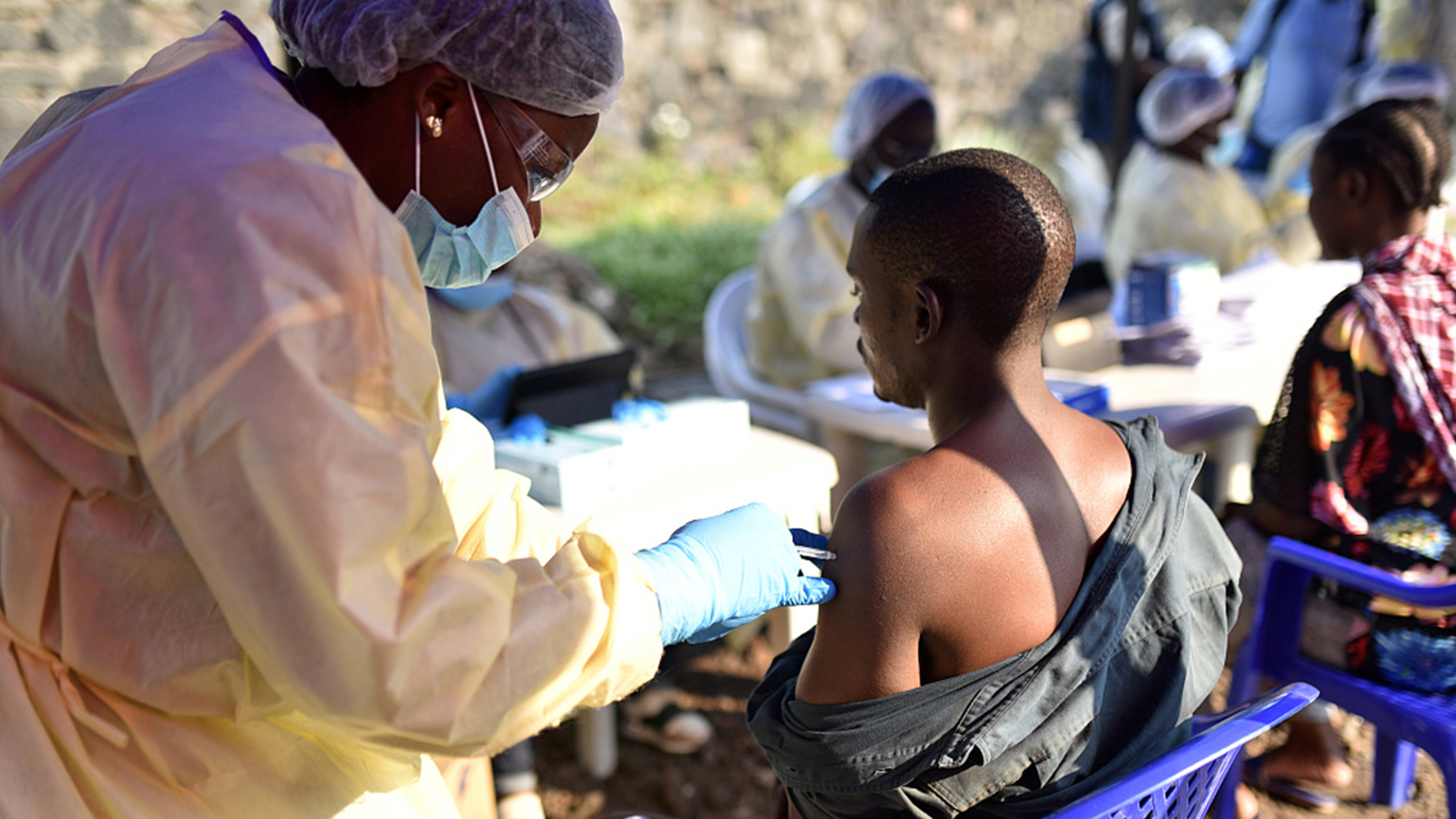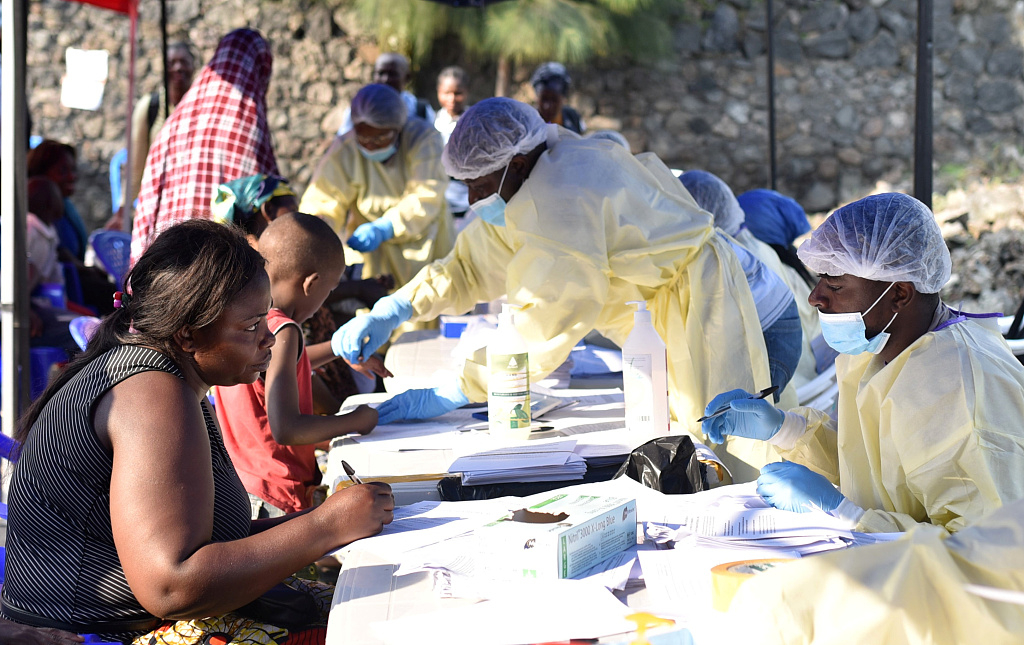

The Democratic Republic of Congo (DRC) is in the grips of a deadly epidemic this month as Ebola has now reached the city of Goma – a major transit hub with a population of some two million.
On July 17, Dr. Tedros Adhanom Ghebreyesus, director-general of the World Health Organization (WHO), declared the Ebola (EVD) outbreak in the DRC a public health emergency.
More than 1,700 people have died since the outbreak began a year ago. WHO says it needs more funding to battle the epidemic as health workers confront numerous challenges fighting on the front lines.
Daniel Lucey, an adjunct professor at the Department of Microbiology and Immunology at Georgetown University Medical Center, said DRC public health officials were now able to prevent any transmission of the Ebola virus in Goma after the first patient arrived there.
Lucey said despite the courageous efforts of health care workers over the past 12 months, they still have quite a few new patients with Ebola diagnosed every day. Many of the patients have never been identified or received treatment, and pass away in their communities, creating opportunities for the virus to spread. In this sense, the epidemic is definitely not under control.

Congolese health workers collect data before administering Ebola vaccines to civilians at the Himbi Health Center in Goma, the Democratic Republic of Congo, July 17, 2019. /VCG Photo
Preliminary WHO data suggests that the Ebola vaccine deployed during this epidemic is 97 percent effective, Lucey said. However, the vaccine is given after exposure, and it is unclear whether it would be effective if given before exposure since the sample size is small. There is, however, discussion about a second vaccine that may be administered pre-exposure, but it is currently in investigational stages.
Olivier Le Polain, a senior epidemiologist and deputy director of operations at the UK Public Health Rapid Support Team, thinks that health workers are facing many challenges trying to combat this outbreak. Health care workers must ensure the full engagement of front-line workers, have a mechanism in place to recognize potential individuals with Ebola-like symptoms, and be able to isolate them and provide treatment.
This outbreak is the second largest in the history of Ebola, said Anthony Fauci, director of the National Institute of Allergy and Infectious Diseases at the National Institutes of Health, and will be an ongoing challenge. As of now, there are about 2,600 cases and about 16,000 deaths, with a mortality rate of approximately 60 percent.
In terms of international funding and international assistance, Fauci said he would like to see more multilateral donations and involvement.
Ted Alemayhu, founder and president of U.S. Doctors for Africa, said that he hopes the president of the DRC will declare a national emergency and encourage other African nations to rally behind him.
Alemayhu said it is encouraging to see that the World Bank and others are playing a critical role by providing funding. However, medical manpower, equipment and supplies are also needed. The importance of traditional healers in West Africa was neglected during the 2014-2015 Ebola outbreak, Alemayhu said. He hopes that this time, the DRC government and international community will take this community into consideration to provide education and necessary information.
Lucey agreed with Alemayhu that it is essential to involve not only traditional healers but the whole of society, because the Ebola outbreak cannot be stopped with traditional medical interventions alone. The community must be engaged and willing to do what's necessary to stop the spread of the virus.
The Heat with Anand Naidoo is a 30-minute political talk show on CGTN. It airs weekdays at 7:00 a.m. BJT and 6:00 p.m. Eastern in the United States
(If you want to contribute and have specific expertise, please contact us at opinions@cgtn.com.)

Copyright © 2018 CGTN. Beijing ICP prepared NO.16065310-3
Copyright © 2018 CGTN. Beijing ICP prepared NO.16065310-3